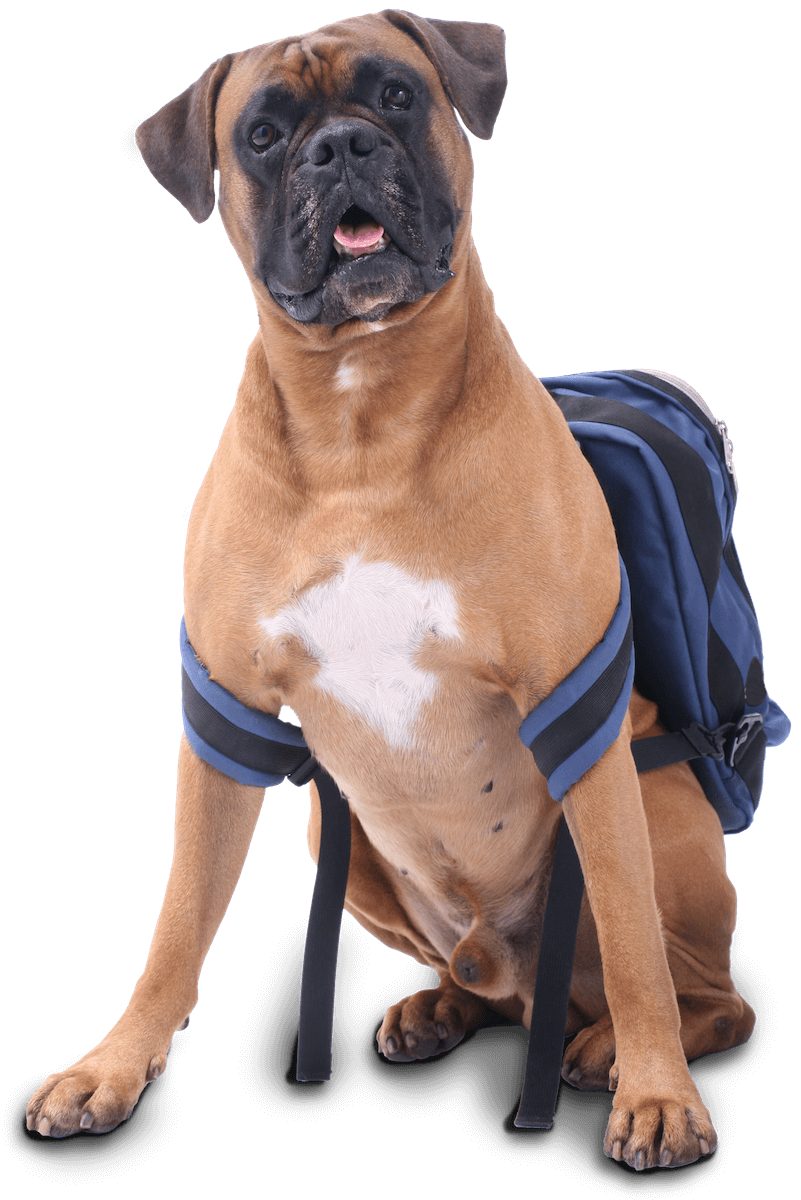So you’ve decided to get a new puppy (or have recently gotten one). Congratulations on the new family member and good luck! Puppies are a lot of fun but also tons of work! They require regular doctor visits to complete preventative care, extra time for potty training, and patience when it comes to behavior. Be sure you have puppy food (all life stages is not appropriate and giant breed dogs have specific dietary requirements while growing), age appropriate toys, collar/ leash, crate, and food dishes (ideally elevated or from a food releasing toy). Perfect Puppy in 7 Days by Dr. Sophia Yin is also a good pre-puppy read. Here are some other helpful tips that may come in handy:
Puppy vs. Adult
Are you up for a puppy or should you be looking for an adult dog? Be sure you are ready to puppy proof your home and waking up at night for potty training!
As indicated by Karen L. Overall, MA, VMD, PhD, DACVB, CAAB in her book Clinical Behavioral Medicine for Small Animals, “puppies should be handled from birth and exposed to a variety of circumstances in a positive and benign fashion. It is important that breeders expose puppies to other dogs by approximately 3 weeks of age and to new people by approximately 5 weeks of age. Novel experiences should be continued throughout development.”
Here are some other important milestones for your new pup:
- Puppies develop strong substrate preferences for bathroom habits by 8-1/2 weeks of age
- You can also start leash walk training somewhere around 5 to 8 1/2 weeks of age
- Puppy classes can be started at roughly 8 weeks of age.
- Puppies are active and playful but remember they are not ready rigorous exercise. Avoid activities that may put undo strain on growth plates. Closure of growth plates vary with breed, neuter/spay status, and when they were neutered/spayed. Most growth plates will be closed between 12-18 months of age.
Vaccinations
We all know puppies need vaccines and you should expect to vaccinate your puppy every 3-4 weeks until your puppy is 16 weeks old. There are optional vaccines (lyme, influenza, etc.) that may or may not be appropriate for your puppy, discuss these with your veterinarian. Be sure to let your veterinarian know if you hike, camp, travel, or plan on kenneling your puppy.
Internal Parasites
Puppies stool should be evaluated at least twice for internal parasites. These organisms shed in cycles and are not always apparent. Your puppy should also be started on parasite prevention (internal and external parasite prevention is recommended year round). Timing and route of administration may vary depending on which products are best for your puppy and your lifestyle. If you would like more information on the prevalence of parasites in your area, check out Companion Animal Parasite Council (CAPC) website.

Spay or Neuter
Spay/neuter is recommended but depending on your puppies breed, lifestyle, behavior, and risk of disease timing may vary. You should discuss timing pro’s and con’s with your veterinarian. If you have a giant breed puppy that is predisposed to Gastric Dilation-Volvulus discuss a stomach tack at the time of spay or neuter. Your veterinarian may refer you to a Veterinary Surgeon for this procedure.
Pet Insurance
Is pet insurance right for you? Like most all insurance, the answer is really based on what the pet parent. Emergencies can be expensive as tests and treatments add up quickly. There are several companies that help you cover the cost of accidents and illnesses but no companies cover pre-existing conditions. But if you think pet insurance is a good fit, now is the time because your pups will get into all sorts of things. Get the exam and orthopedic exams done ASAP so you have coverage.
Research the Breed
If you are considering getting a breed you are not familiar with, do some research prior to making a commitment. There are some breeds that may not fit in well with your lifestyle. Consider the following:
- Pre-purchase consultation with a trusted Veterinarian
- Consultation with a reputable breeder like Puppy Culture
- Breed specific chat groups online
- Check out the American Kennel Club
- Seek out a dog trainer that’s been certified by Certification Council for Professional Dog Trainers (CCPDT)



